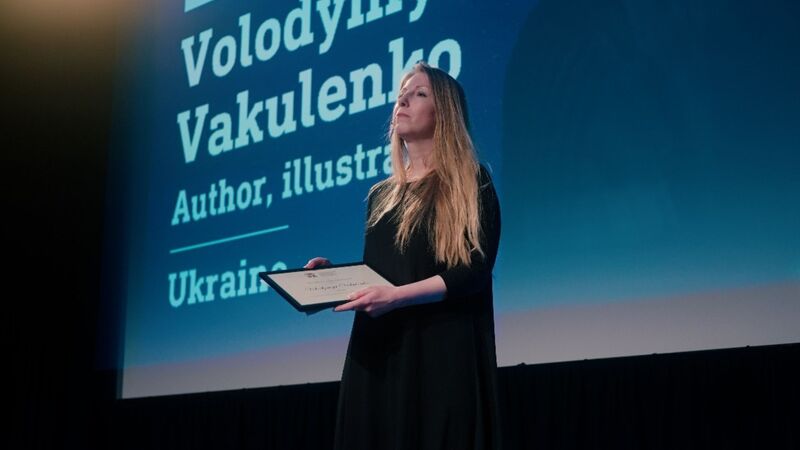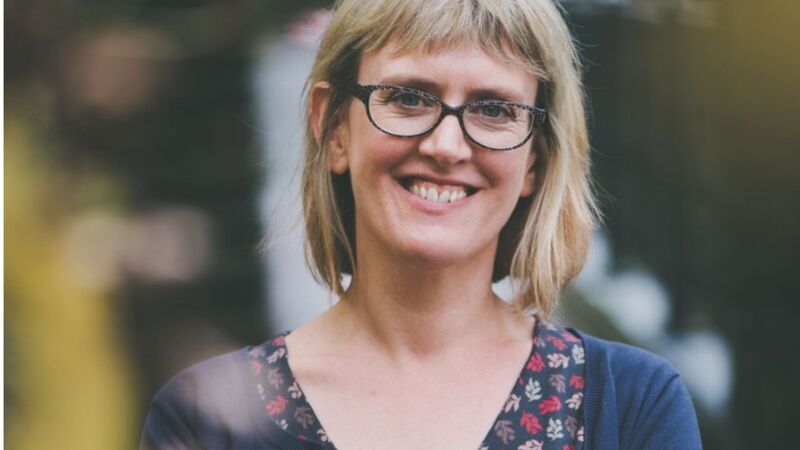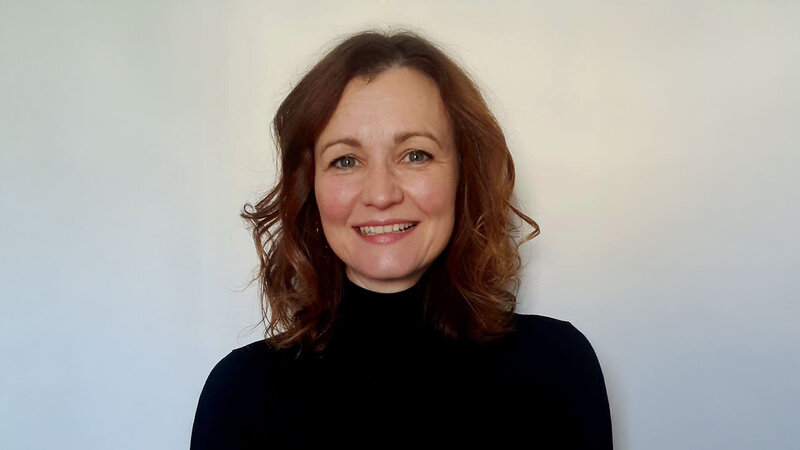You are viewing your 1 free article this month. Login to read more articles.
Concerns raised over charity model for York libraries
Libraries in York have been bolstered by a £97,000 grant from Arts Council England, but campaigners are worried their status as charities removes responsibility from the council.
York’s libraries became Explore York Libraries and Archives, a mutual charity trust, in 2014, which was formally given charitable status by the tax office this year, the York Press has reported.
The new charity is owned by its community members and staff, and is managed by chief executive Fiona Williams and a representative board. Explore has a contract with City of York Council for five years.
This new status means the charity has access to sources of funding not previously available to the council, and as such has enabled the trust to receive a £97,000 grant from the Arts Council over the next three years, to develop it as a “cultural hub” for the city.
"We are in our third year of independence now," Williams said. "It's been a hard slog, but we have received a lot of good news recently as a result of our hard work. Getting charitable status is crucial to financial plans for the organisation as it can now look into things like Gift Aid and payroll giving to encourage people to support the libraries financially”.
However, some library campaigners have expressed concerns about the charity model of library ownership.
Elizabeth Ash, trustee of the Library Campaign, told The Bookseller: “The accountability to the local taxpayers is likely affected[...], with the charity not under the same obligation to report to local communities as the council would have been when the libraries were in direct council control. Charitable status will allow York Explore to boost funds by accepting gift aid on donations, but should local people really be donating to keep a library service running that the local council has an obligation to provide in any case?"
Editor of Public Libraries News Ian Anstice is optimistic about the "very good things" coming out of Explore York, but also expressed concerns about accountability and transparency. He said: "[Explore York] may even have such amazingly rare things in the UK library world like professional marketing and actual, understandable, visions as to what it wants to be - but there remain concerns about the potential loss of direct democratic control no matter how well-intentioned such organisations are. I am also concerned that freedom of information requests, that vital weapon of anyone wanting to know what is actually going on, can simply be denied by trusts."
Tim Coates, former Waterstones boss and campaigner, argued that there is lack of evidence as to whether the mutual trust model succeeds at improving library usage. “The structures like trusts and charities have been tried for years," Coates said. "They rarely produce much money. What matters is whether the libraries improve - and so far there is no evidence that these initiatives produce increased use. The creation of them takes up a huge amount of time and management attention. I don't think the change they bring is worth it. They are not the answer to the problems of the library service.”
He added: “York has not reported its performance figures since the charity was set up three years ago. It would help if they would - but in other places there is no visible consistent improvement."
According to York Press, statistics show that although the number of people visiting the York libraries has dropped by around 4.4% over two years, that figure is smaller than the national average and the number of people actively borrowing books in York has grown over the same period to around 21% of the city's population.
Nick Poole, c.e.o. of libraries body CILIP, told The Bookseller: “Our number one priority is ensuring that the public can benefit from high-quality library services which meet local needs, which includes access to the expertise of professional librarians. While some of the benefits such as self-direction and the freedom to negotiate contracts can be really attractive, there are real risks around sustainability, legal status and establishing reliable income. Managed properly, moving to a new governance model opens up new opportunities, Managed badly, or for the wrong reasons, it can be disastrous.”
















